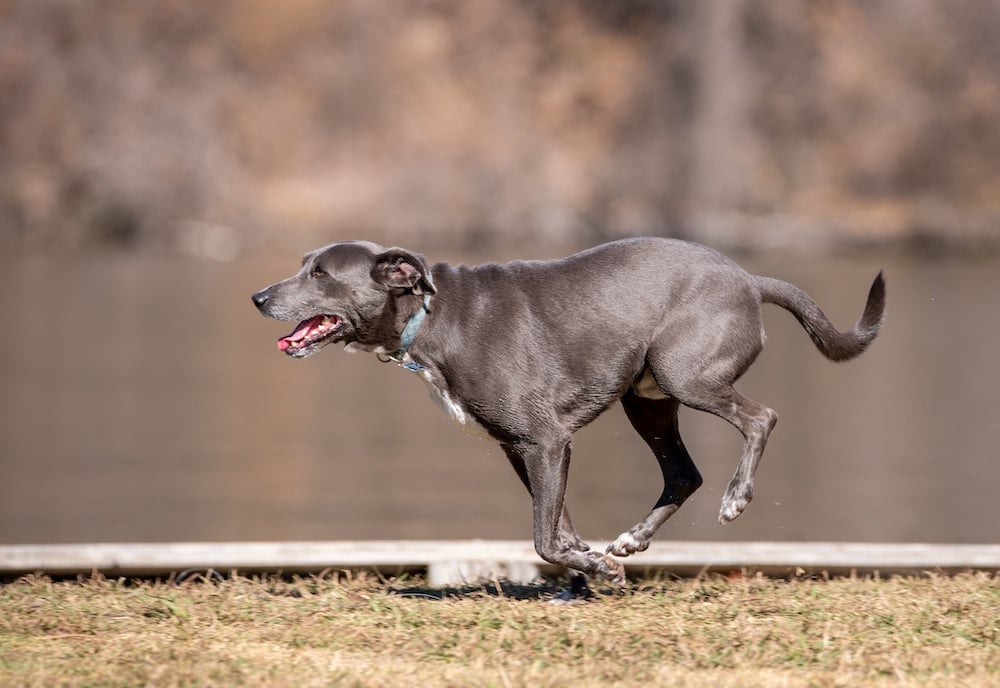Whilst most dog owners keep their dogs purely as pets, some dogs have a job to do! All dogs love to be active, but working dogs naturally experience more strain on the body, and that’s where a canine osteopath can come in handy.
What is a working dog?
Many dog owners have the privilege to train their dogs for shooting and hunting and see them in action . You can appreciate just how much your dog loves using their natural talents, whether it’s flushing out birds or retrieving birds or catching rats down holes. Dogs work hard and will do so all day long because they absolutely love it. Being predators, they love to hunt.
There are many useful breeds of dogs out there like Labradors, spaniels, collies, jack russels and hounds to name a few, who we know will ‘work’ even when they don’t feel entirely comfortable in their joints and muscles, and may need some extra help to stay fit, healthy and happy.
How do I know if my working dog needs an osteopath?
Make sure you are watching your dog(s) for signs of problems. This could be things like getting up slowly from a rest, or choosing a slope instead of steps or persistently licking an area of their body. There are more obvious signs of problems such as lameness or yelping. If you are concerned you should consult a professional, who will be able to examine your dog thoroughly for any signs of injury or illness.
Should I see a vet or a canine osteopath?
Whilst vets deal more with medicine, canine osteopaths are concerned purely with the musculoskeletal system and are experts in this area. Just as you might see a doctor and be referred to a physiotherapist for muscle or joint pain, a vet might suggest you see a canine osteopath if the problem is musculoskeletal related. Similarly, if your dog’s osteopath thinks your pet requires a more medical approach, or further diagnostic tests such as X-rays, they might refer you to a vet.
Which type of practitioner to see in the first instance is for you to decide. See a dog osteopath if you think the problem is a joint- or muscle-related ache or pain, or go to a vet first if you think there might be deeper underlying problems.

What about regular appointments?
Most working dogs would benefit from a regular session of osteopathy to relieve tension in joints, muscles and tendons, or to help spot if anything more serious is starting to develop. Catching problems early mean they can be relieved and treated before they develop into an injury. Just as an active sportsperson may have regular physical therapy sessions to keep them in top shape for their sport, a working dog will also benefit from regular treatment.
Conclusion
Working dogs would appreciate and benefit from a little extra care and hopefully it will keep them working longer and by your side for many years to come. To book an appointment or ask me more about canine osteopathy, see my dog osteopath page or contact me. I am based in West Sussex and can travel to treat your dog at your location.

